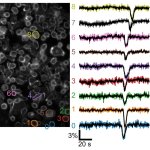
News • Bioelectric patterns
Scientists listen in on the ‘electrical language’ of breast cancer
New research has found variable voltages in the membranes of breast cancer cells, revealing clues about how they grow and spread.

New research has found variable voltages in the membranes of breast cancer cells, revealing clues about how they grow and spread.
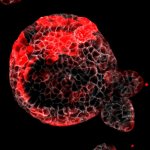
Researchers in Barcelona discovered the population of residual tumour cells responsible for the recurrence of colorectal cancer in other organs after removal of the primary tumour.
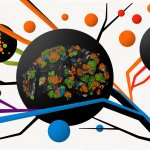
Researchers have created a tool that maps how breast cancer grows in previously unseen detail, and highlights how the cells around the tumour may be the key to controlling the spread of disease.
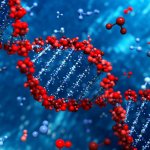
A collaborative study has defined five new subgroups of the most common type of blood cancer, chronic lymphocytic leukaemia (CLL), and associated these with clinical outcomes.
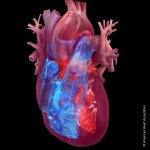
Donor hearts from people who were Covid-19-positive appear to be as safe for transplantation as those from people without Covid-19, according to a new short-term analysis.
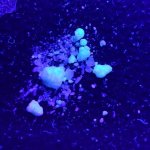
Methamphetamines, cocaine, opiates, and cannabis are associated with an increased likelihood of developing atrial fibrillation, a newly-published 11-year study shows.
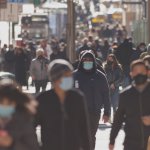
Covid-19 has led to global mortality changes unprecedented in the last 70 years, according to new research. However, the drop in life expectancy is not equally high in all countries.

A study in Japan finds antibody response to the Moderna Covid-19 mRNA vaccine does not vary depending on the time of day when the dose was received.
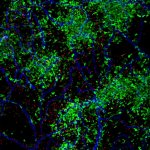
Researchers mapped in detail how the immune system acts against pathogens invading the brain. This sheds new light on host-pathogen interactions and the long-term consequences of brain infections.
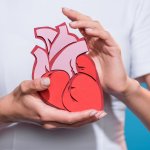
Not just uncomfortable, but hard on the heart: Accumulating research suggests a link between hot flashes during the menopause and cardiovascular disease risk in women.
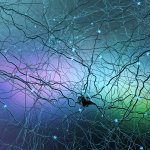
Researchers have shown that when brain cells are directly exposed to blood taken from Covid-19 patients with delirium, there is an increase in cell death and a decrease in the generation of new brain cells.
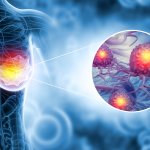
Scientists in Italy discovered a new drug-resistance mechanism in breast cancer that leads to the formation of cancer stem cells. They also devised an experimental therapy to bypass or prevent this.
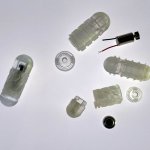
A newly developed capsule that tunnels through mucus in the GI tract could be used to orally administer large protein drugs such as insulin.
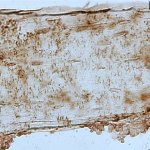
A new device for diagnosing bone fragility invented by the University Hospitals of Geneva (HUG) and the University of Geneva (UNIGE) has been approved for marketing in the European Economic Area and Switzerland. The device is based on a new approach to assessing bone quality via blood sampling.
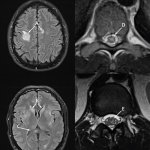
As the monkeypox outbreak continues to spread around the globe, a rare but potentially serious complication of the virus has been discovered.
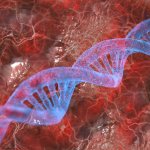
The oncogene EVI1 causes an aggressive type of leukemia, but its exact function has been a mystery. A research team now showed that EVI1's cancer causing effect relies on activating a single gene — the stem cell transcription factor ERG.

From treat to treatment: Polish researchers explore the medical benefits of ice cream – despite the semi-serious presentation, a topic with surprising relevance for patients undergoing chemotherapy.
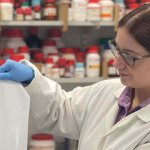
Researchers at Queen’s University Belfast have developed a new plastic film that can kill viruses that land on its surface with room light.
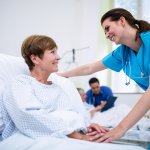
An important prospective study showcases improvement in outcomes for women with ischemic heart disease by attending a multidisciplinary women’s health center.

The inclusion of a narrative about Alzheimer’s disease in primetime TV drama “This Is Us” was found to help reduce stigma around dementia and motivate family discussions about plans for aging.
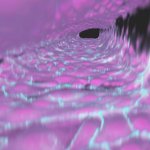
German researchers present a novel method for testing chemical agents that could help in the development of drugs against neurodegenerative diseases such as Alzheimer's.
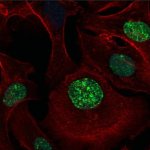
Researchers discovered that cancer cells mobilize a SOS response when they are desperate to resist anticancer drugs. The team also came up with an anti-SOS approach that blocked the mechanism in mice.
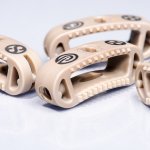
The specialty chemicals company Evonik and the Swiss plastics specialist Samaplast are combining their expertise in the development of an osteoconductive PEEK biomaterial for injection molding.

Overweight increases the risk of an imbalance in sugar metabolism and even diabetes – but the opposite is also true: insulin production deficits contribute to overweight, a new study shows.
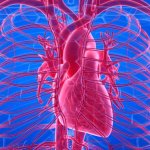
A large epidemiological study shows that patients with an autoimmune disorder have a substantially higher risk of developing cardiovascular disease than individuals without autoimmune disease.